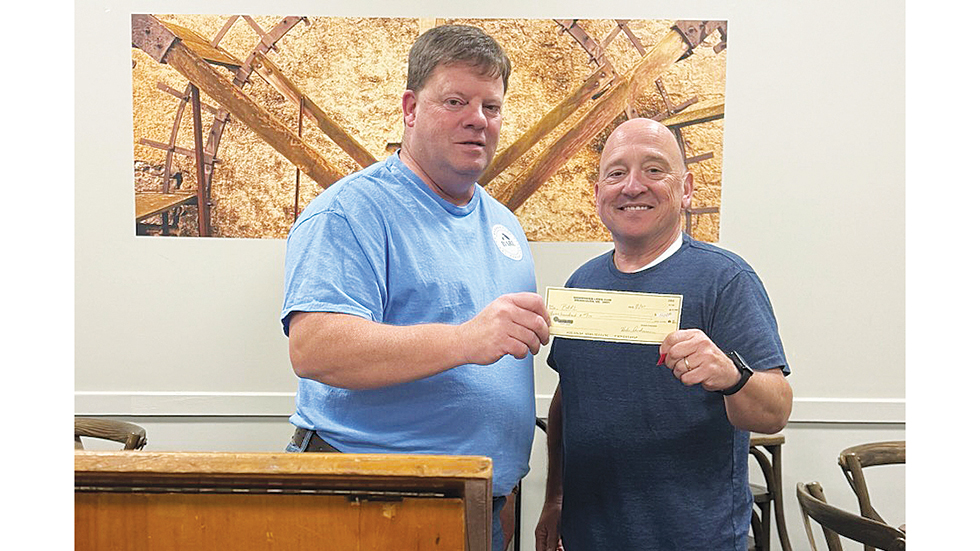Co-Lin to save more than $90,000
Published 10:19 am Thursday, February 18, 2016
Copiah-Lincoln Community College plans to save more than $90,000 by refinancing an existing bond.
The college’s board of trustees approved the proposal to move forward with the refinancing at its February meeting.
Board attorney John Henley presented the proposal to refinance a lease-purchase agreement signed in 2007.
Trending
Co-Lin comptroller Stan Patrick said the original agreement was signed to pay for energy management conservation contracts and upgrades that have saved Co-Lin thousands of dollars. The financial agreement was classified as a lease-purchase agreement because it was the easiest way to describe it, Patrick said.
“Interest rates were higher back then and a lease-purchase is not strictly a loan, but it certainly has an interest rate component when they tell you how much your lease is,” Henley said.
Within the existing lease-purchase agreement there is an early payout provision that allows the college to pay the entire bond right now, Henley said. The college currently has six and a half years of payments left on the 15-year agreement.
The company that issued the original lease approached Co-Lin about refinancing the bond with, since it had been sold it to someone else, Henley said.
“We ended up talking to Randy Wall from Jones Walker, who has done our bond work in the past,” Henley said. “He thought we could get better rates if we just went with a regular bond issue instead of trying to reissue it as a lease purchase arrangement, which is what we decided to do. Because it was treated as a refinancing project, we did not have to actually bid the project like you normally do with bond issues, but we, the college, believed that we should contact more than one bank.”
Henley said they ended up working with Randy Wall and Keith Parsons to contact Trustmark, Regions and Hancock Banks to see which would give the best refinancing option.
Trending
“Trustmark was the only bank that submitted a proposal to us,” Henley said. “The other two were not critical of the school, but it was moving into a geographical area that they had not worked in before and they just chose not to pursue it at this time.”
“When you do a refinancing, the statutes require that you save at least 2 percent on the net present value after all expenses,” Henley said. “In this instance the purchase price would end up being $1,840,000. That’s the amount we were looking at. The payout here would be the exact same period that we do require under the lease-purchase. Trustmark came in with an interest rate of 1.86 effective rate. We have the true rate of 1.84, the difference is some expenses and so forth but the rate we would want to look at would be the 1.86 percent.”
The company that owns the lease-purchase agreement now charges the college an interest rate between 3.5 and 4 percent.
By refinancing the bond, the interest rate would decrease from 3.5 to 4 percent to 1.86 percent. That would result in a gross savings of $93,742 over the next 14 payments in the six and half year time period, Henley said.





